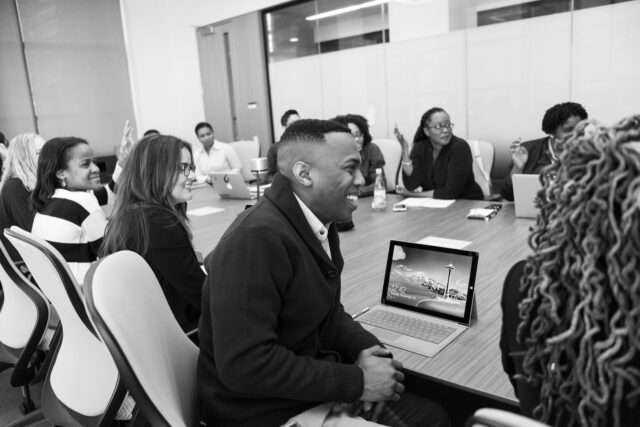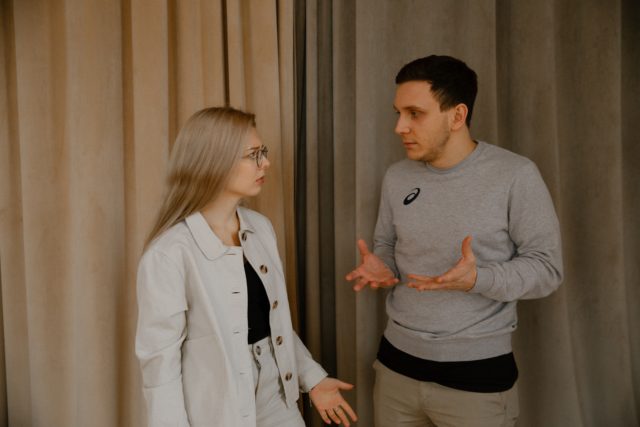Summary of:
Davenport, C., Mokleiv Nygård, H., Fjelde, H., & Armstrong, D. (2019). The consequences of contention: Understanding the aftereffects of political conflict and violence. Annual Review of Political Science, 22, 361-377.
Background & Theory
This article examines the kinds of consequences that contention breeds in the political sphere, or in other words, how political conflict and violence impact the countries and people involved.
Research Question
Davenport, Mokleiv Nygård, Fjelde, and Armstrong, in “The consequences of contention: Understanding the aftereffects of political conflict and violence” (2019), seek to address the following question:
-
- What are the effects of political contention (in this case, specifically conflict and violence), primarily politically and economically, in the states involved?
Methods
The authors break down much of the existing research and frameworks and explain the areas that are widely studied, where there may be limitations of these studies, and where there should be further research conducted. They provide an ample background and understanding of why some of these limitations exist(ed), but also why there is a need for more cross-disciplinary studies. The authors focused on exploring several areas, including political conflict and violence, the types of contention and consequences, and a further in-depth look at both political and economic consequences in more detail.
Results
The authors explain that while there is plenty of research regarding post conflict states and short, medium, and long term consequences, there could be a much broader look at these areas that may lend insight into the larger connections that exist (both among contentions and consequences and what these look like under various circumstances), as well as ways to help resolve some of the issues at hand. For instance, there is a lack of research currently in relation to certain forms of contention, outcomes, and the parties involved and how the conflict impacts them, and there is not a lot of diversity when it comes to the empirical tools used. Additionally, the authors feel that research is limited across disciplines and literature and this area could well be expanded to provide a more holistic understanding of this field of study.
What This Means
- Political conflict and violence comes in many shapes and forms and has many possible impacts, both when considering intrastate and interstate consequences. Better understanding what these are, how they form, and how to possibly break the cycles can lead to a more peaceful world.
- To resolve conflict effectively, one also needs to understand all the components and causes as much as possible. The more we learn, the more we can resolve conflict and rebuild damaged economies, states, and people.
Final Takeaway
For consultants: Knowledge is a powerful tool when it comes to resolving conflict. Understanding our own limitations and where we can learn more, whether about a conflict directly or our general understanding of mediation and peacebuilding, will help us help others.

For everyone: The more you know! Understanding yourself and the world around you is a helpful tool to avoid and resolve conflict.




